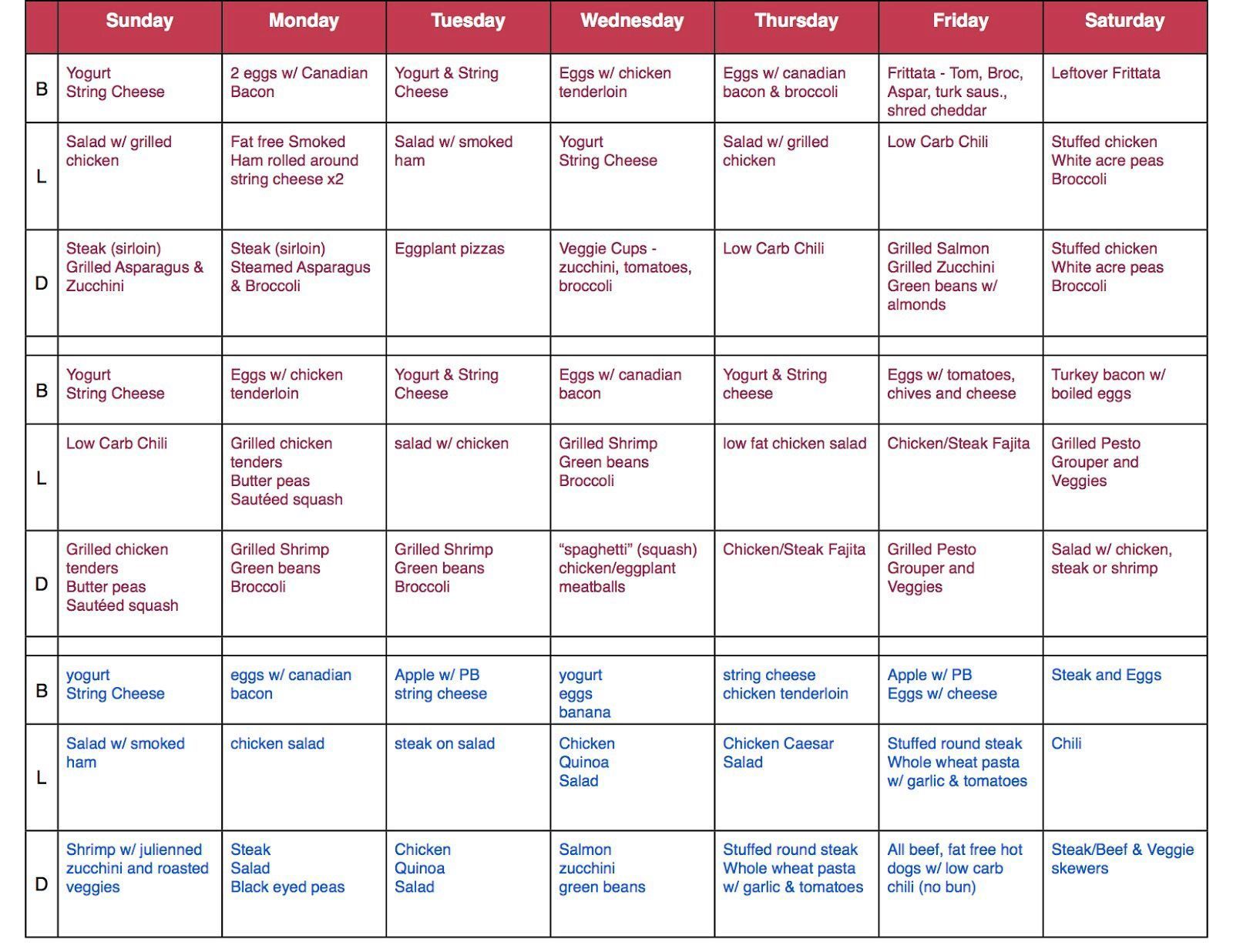South Beach Diet Vegetarian Phase 1 offers a unique approach to vegetarian weight loss and improved health. This initial phase focuses on eliminating high-glycemic carbohydrates and unhealthy fats, prioritizing lean protein sources and nutrient-rich vegetables. The structured approach emphasizes sustainable weight management, not just quick results, and provides a framework for long-term healthy eating habits. Understanding the allowed and restricted foods is crucial for success, as is adopting a mindful approach to meal planning and preparation.
This guide delves into the core principles of the South Beach Diet Vegetarian Phase 1, providing detailed information on allowed and restricted foods, sample meal plans, nutritional breakdowns, and practical tips for successful implementation. We’ll also explore the potential benefits and drawbacks, addressing common concerns and misconceptions to empower you with the knowledge needed to make informed decisions about your dietary choices.
Benefits and Potential Drawbacks of the South Beach Diet Vegetarian Phase 1
The South Beach Diet Vegetarian Phase 1, characterized by its emphasis on lean protein, healthy fats, and non-starchy vegetables while excluding refined carbohydrates and sugary foods, offers a unique approach to vegetarian eating. It promises several potential health advantages, but also presents certain limitations that prospective dieters should consider.
Potential Health Benefits of the South Beach Diet Vegetarian Phase 1
This dietary phase can contribute to significant improvements in various aspects of health. By focusing on nutrient-dense foods, it promotes weight loss by reducing overall calorie intake and increasing satiety. The exclusion of refined carbohydrates helps stabilize blood sugar levels, reducing the risk of insulin resistance and type 2 diabetes. Furthermore, the abundance of fruits, vegetables, and legumes provides a rich source of vitamins, minerals, and antioxidants, supporting overall health and well-being. The emphasis on healthy fats contributes to heart health by lowering LDL cholesterol levels. Weight loss success stories often cite improved energy levels and reduced cravings as additional benefits.
Potential Drawbacks and Limitations of the South Beach Diet Vegetarian Phase 1
While offering several benefits, the South Beach Diet Vegetarian Phase 1 also presents potential drawbacks. Strict adherence can lead to nutrient deficiencies if not carefully planned. For example, limiting certain food groups may restrict the intake of essential vitamins like B12, which is commonly found in animal products. The restrictive nature of the diet can make it difficult to maintain long-term, leading to potential yo-yo dieting and its associated risks. Furthermore, the initial phase’s exclusion of many commonly consumed foods might be challenging for some individuals, potentially causing feelings of deprivation and hindering adherence.
Comparison with Other Vegetarian Diets
Compared to other vegetarian diets, the South Beach Diet Vegetarian Phase 1 distinguishes itself by its emphasis on controlling carbohydrate intake and prioritizing specific types of protein and fat sources. Unlike many lacto-ovo vegetarian diets which readily incorporate dairy and eggs, this phase limits dairy and avoids most processed foods. It differs from vegan diets as it allows for the inclusion of some plant-based protein sources that may be excluded in a strictly vegan approach. It is more restrictive than many other flexible vegetarian diets which allow for a wider range of carbohydrate sources.
Long-Term Sustainability of the South Beach Diet Vegetarian Phase 1
The long-term sustainability of this diet phase is questionable for many. The highly restrictive nature of Phase 1 makes it difficult to maintain indefinitely. While it can be effective for initial weight loss, its limitations in terms of food variety and potential nutrient deficiencies make it less ideal for sustained healthy eating. Many individuals find it challenging to transition seamlessly from the highly restrictive Phase 1 to the less restrictive subsequent phases. Successful long-term weight management typically involves adopting sustainable dietary habits that are both healthy and enjoyable, which may not be fully achievable through this specific phase alone.
Potential Challenges in Adhering to the South Beach Diet Vegetarian Phase 1
Individuals may face several challenges while adhering to this diet. The initial restriction on many common foods can lead to feelings of deprivation and difficulty in social situations involving food. Careful meal planning and preparation are crucial to avoid nutrient deficiencies and ensure adequate intake of essential nutrients. Finding suitable vegetarian protein sources that align with the diet’s guidelines might also prove challenging. The absence of many convenient processed foods requires increased time and effort for cooking and food preparation. Finally, maintaining motivation and overcoming potential plateaus in weight loss are crucial factors for long-term success.
Closure
Embarking on the South Beach Diet Vegetarian Phase 1 requires commitment and careful planning, but the potential rewards—improved health, sustainable weight management, and a deeper understanding of mindful eating—are significant. By focusing on whole, unprocessed foods and carefully managing carbohydrate intake, this phase provides a solid foundation for long-term well-being. Remember to consult with a healthcare professional before making any significant dietary changes, ensuring this plan aligns with your individual needs and health goals. The journey to a healthier lifestyle is a personal one; embrace the process and celebrate your progress along the way.

